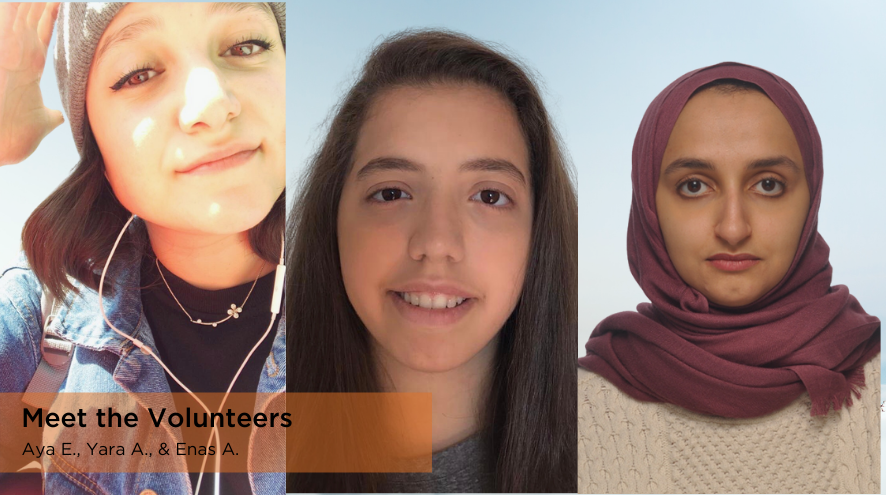Local Alzheimer Society volunteers share their Ramadan traditions and how Muslim seniors can safely fast this month.
Ramadan Mubarak! In celebration of the beginning of Ramadan on April 2, the Alzheimer Society of Ontario spoke with 3 volunteers from the Alzheimer Society of Southwest Partners to hear about their family’s traditions and tips Muslim seniors can use to ensure they are supported and stay well-nourished and hydrated.

Ramadan Mubarak! In celebration of the beginning of Ramadan on April 2, the Alzheimer Society of Ontario spoke with 3 volunteers from the Alzheimer Society of Southwest Partners to hear about their family’s traditions and tips Muslim seniors can use to ensure they are supported and stay well-nourished and hydrated.
--
Alzheimer Society: For those who don’t know, can you explain what Ramadan is?
Aya E.: Ramadan is one of the five pillars of Islam where Muslims fast for 29 to 30 days, from sunrise to sunset to become closer to God. When we fast, not only are we fasting from food and water, but also from any inappropriate language or behaviours. Ramadan is also a month of empathy where Muslims recognize what life can be like for the less fortunate and come together as a community and practice giving amongst fellow Muslims.
Enas A.: During Ramadan, we are encouraged to become closer to God by donating 2.5% of our leftover money to those less fortunate, which is the fourth pillar of Islam called Zakat Almaal. Once Ramadan is over, [it is] Eid Al-fitr, where we celebrate the end of the fast and the hard work and good deeds that were done during this time.
Alzheimer Society: How does your family celebrate Ramadan?
Enas A.: My family celebrates by gathering for the first meal after [fasting] for a feast and by making certain food like sambosa, soups, ethnic salads, and berry juice. We decorate [our house] with lights and other decorations and spend the day reading Qur’an and praying.
Yara A.: My family spends Ramadan together by preparing meals for iftar, as well as reminding and inspiring each other to be our best selves and carry out acts of kindness like donating to charity.
Alzheimer Society: Is there anything Muslim seniors who celebrate Ramadan may do differently to ensure that they stay well-nourished and hydrated?
Enas A.: Besides [drinking] a lot of fluids from sundown to sunrise, we serve a meal close to sunrise called Suhoor, that contains a lot of soups, fruits, [and] potassium rich food to help keep the body hydrated and nourished [during fasting]. However, Islam is very flexible. If a person is unable to fast because of their age or certain illnesses . . . then they are excused and they do not have to fast.
Yara A.: Fasting is not mandatory for [the] elderly who are not able [to], instead they participate with different acts such as helping others in need. For those who are able, we provide them with constant reminders to hydrate as they might not realize they need to. We also ensure their meals are balanced and make sure they eat well before the beginning of the fasting period at dawn to ensure they have the energy to make it to dusk.
Alzheimer Society: What does Ramadan mean to you and your family?
Aya E.: Ramadan means self-reflection and introspection. During Ramadan, we are more focused on own behaviours and mindful of what we do and say. This feeling allows for a deep sense of understanding towards ourselves . . . and we can focus on bettering ourselves. We spend a lot of time praying, reading from the Qu’ran and learning more about our religion through podcasts or Islamic lectures. By doing so, we strengthen our understanding of our religion and rebuild our faith.
Yara A.: Ramadan is a time where my family and I take the opportunity to strengthen our relationship with each other and practice our religion. For me, Ramadan has always been associated with a feeling of ease and content, where I am most aware and grateful for everything I have in my life.
--
If you or someone you know needs support, access to programs and/or services, please don’t hesitate to contact your local Alzheimer Society. You can find your local Alzheimer Society here.
